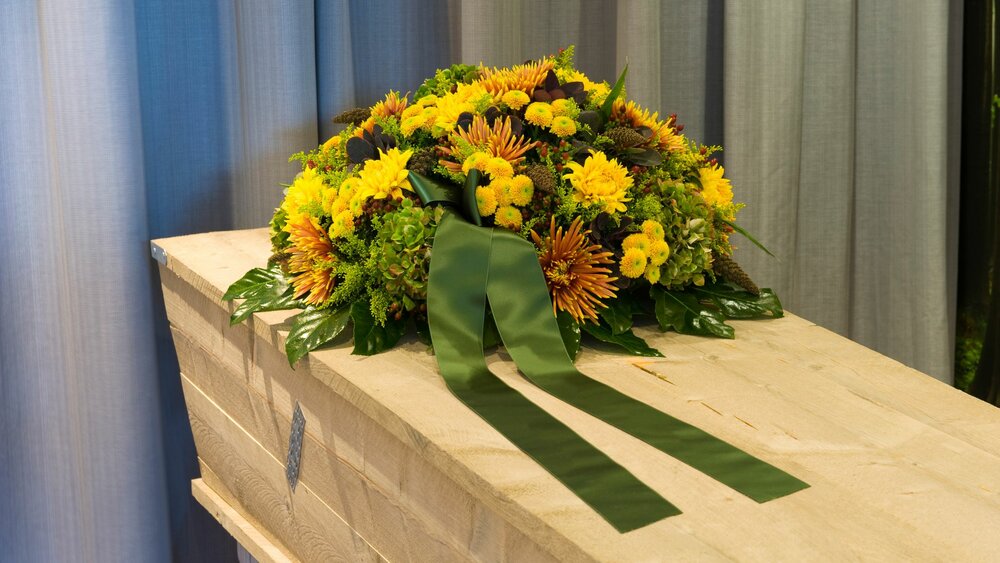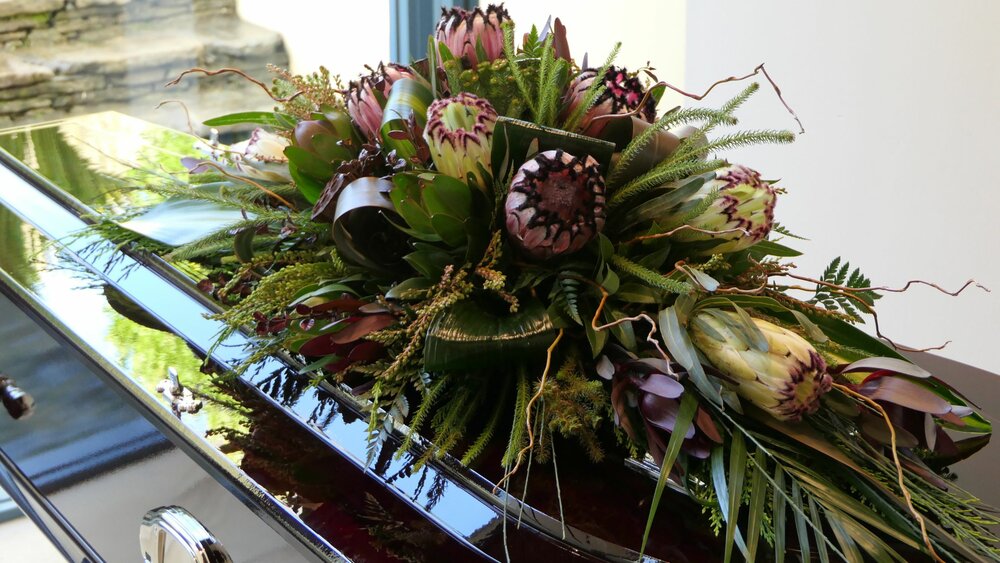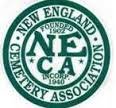What Happens if a Body is Not Embalmed?
Embalming is a practice deeply rooted in the funeral industry, often seen as a standard procedure for preparing a body for viewing or burial. However, it raises questions and concerns for many people. Is embalming necessary? What are the alternatives? Let's delve into the intricacies of this practice to understand what happens if a body is not embalmed.
Understanding Embalming 
Embalming is the process of preserving a body by disinfecting and temporarily preserving it to delay decomposition. This is achieved through injecting embalming fluid into the arterial system and removing blood from the body via the veins. The embalming fluid typically contains chemicals such as formaldehyde, methanol, and other solvents.
Is Embalming Mandatory?
One of the most common misconceptions is that embalming is mandatory by law, but in reality, it is generally not required except under specific circumstances. These circumstances often include:
- Public Health Concerns:
In cases where there is a risk of communicable diseases, embalming may be required to protect public health.
- Transportation:
If a deceased person needs to be transported over a long distance or across state lines, some states or countries may require embalming to prevent decomposition during transit.
- Viewing Purposes:
If there is a desire for an open-casket viewing, embalming is often recommended to preserve the body's appearance.
- Alternatives to Embalming:
For those who prefer not to embalm, there are viable alternatives:
- Refrigeration:
Placing the body in refrigeration slows down the natural decomposition process, providing time for loved ones to make arrangements without the need for embalming.
- Immediate Burial or Cremation:
In many jurisdictions, immediate burial or cremation without embalming is permissible and often chosen for religious or personal reasons.
- Dry Ice or Gel Packs:
These can be used to keep the body cool during transport or before a viewing, mimicking the effects of refrigeration.
 Environmental and Personal Considerations
Environmental and Personal Considerations
Embalming raises environmental concerns due to the chemicals involved. Formaldehyde, a primary component of embalming fluid, is known to be hazardous and can potentially leak into soil and groundwater if not handled properly. Many eco-conscious individuals and families opt for alternative practices to reduce their environmental impact.
Legal and Cultural Perspectives
Laws regarding embalming vary widely between countries and even between states or provinces within countries. For example, in some European countries, embalming is less common and often reserved for specific circumstances, whereas in North America, it has been more widely adopted as a standard practice for preparing the deceased for viewing.
Culturally, attitudes towards embalming also differ. Some cultures place a strong emphasis on viewing the body after death as part of the grieving process, while others prioritize quick burial or cremation without extensive preparation.
The Role of Funeral Directors 
Funeral directors play a crucial role in guiding families through these decisions. They can provide information about local regulations, discuss the benefits and risks of embalming, and offer alternative solutions that align with the family's preferences and cultural practices.
Conclusion
In conclusion, while embalming is a common practice in many parts of the world, it is not mandatory in most cases. Families have the right to choose alternatives that best honor their loved one's memory and align with their cultural or environmental values. Understanding the options available and discussing preferences with a trusted funeral professional can ensure that the final arrangements reflect the wishes and beliefs of the deceased and their family.
For additional information - please call Willowbrook Cemetery. Our team can help you select a peaceful final resting place for your cherished one at our cemetery. You can contact us via the form or number on this page.





Comments